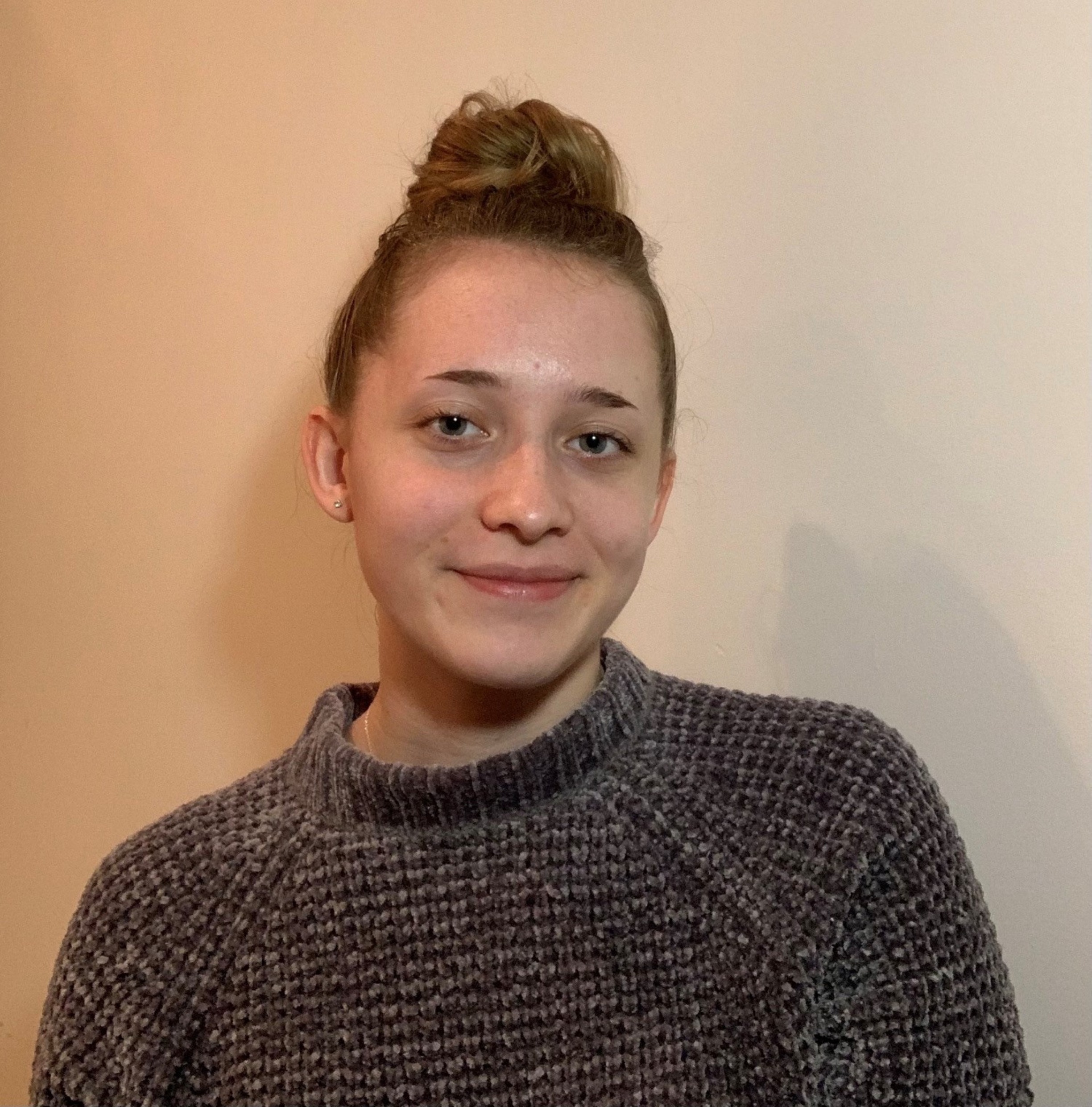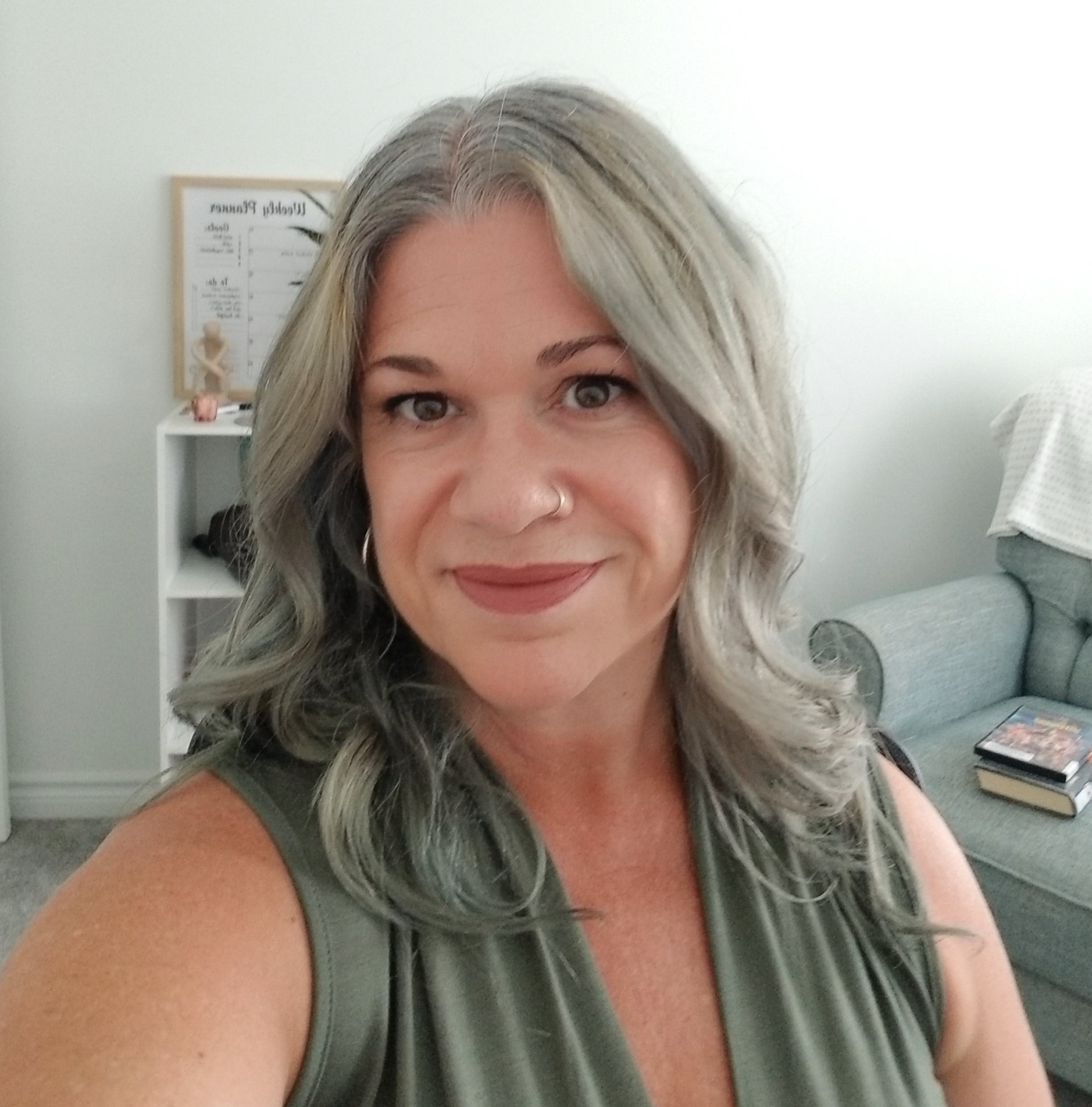Generation Z make real social impact through diversity and talent
By: Krista Henry
As the most diverse generation to hit the workforce, Generation Z’s impact on diversity, equity and inclusion (DEI) will be instrumental to non-profit organizations serving the needs of local communities.
Born between 1996-2014, Gen Z students are the emerging talent of today’s workforce. Known for wanting more meaningful work where they can make an impact, Gen Z talent can help non-profits to better understand those they serve.
“By bringing students in they help us see things differently,” says Nancy Bird, vice president of strategy and business development at United Way Waterloo Region Communities. United Way supports organizations that provide counselling support, food programs, and shelters. They also support ethno-cultural associations and indigenous organizations to serve the community.
According to Bird, insights from a younger demographic helps the organization to maintain their relevance.
They help us understand new ways of working. Help us improve what we’re doing to reach more people and make more of a difference. Their skills, perspectives, navigation of technology and fresh ideas are impactful.
United Way hires co-op students in roles such as philanthropy coordinator, database coordinator and project coordinator.
Programs such as the Co-op for Community initiative and Co-op for Social Good initiative are helping to get more students through the doors of non-profit organizations and those wanting to make an impact.
Co-op students impact growth and development
At Motify, the tech-based company behind a tool for students on the autism spectrum, co-op students are instrumental. “They help us build and market strategies, develop parts of the technology and design materials,” says Shauna-Kay Jones (BA’ 12), Motify founder.
A big part of constantly evolving our technology is by talking to students, both on the (autism) spectrum and off to understand what’s the life of a student? Co-ops tell us about their own challenges and how similar it is to those on the spectrum, it really opens their eyes.
Jones believe Gen Z can create tangible changes in the DEI and accessibility field through utilizing their influence on social media. They can do this by bringing attention to accessibility, which will result in companies creating campaigns and putting money towards DEI.
DEI in the workplace
The impact of Gen Z’s social awareness can already be seen in the workplace. In a recent Monster survey, 83 per cent of Gen Z candidates said that a company’s commitment to diversity and inclusion is important when choosing an employer. Demand for DEI work has also exponentially risen since the 2020 murder of George Floyd and the racial uprisings that followed.
Arts and Business student Katrina Moss is one of many Waterloo co-ops making a social impact in this space. Moss recently worked as a marketing and communications intern with the Gord Downie & Chanie Wenjack Fund. The fund aims to build cultural understanding and create a path toward reconciliation between Indigenous and non-Indigenous peoples.

Katrina Moss
Arts and Business co-op student
Why hire students for social impact?
Bird and Jones weigh in on why employers need students for DEI projects:
Manage your organization's perception
Through our students we're learning how United Way is perceived in the community—if we’re even relevant. It's hard to know if the work you're doing is relevant to all populations if you don't have connections there. Students have such a breadth of knowledge and experience. It's a great opportunity to learn what matters to them and how we can do a better job of serving folks. They really give us a bit of a critique on what we're doing and how we can improve.

Understand your customers
Every stat has shown if employers hire diverse early talent in the DEI space, you have a more successful business. Having diverse thinkers in an organization is likely to lead to success (more) than having everyone who thinks the same. By hiring across the spectrum, you put yourself in a position to make sure that your organization can fulfill the needs for diverse customers.”
